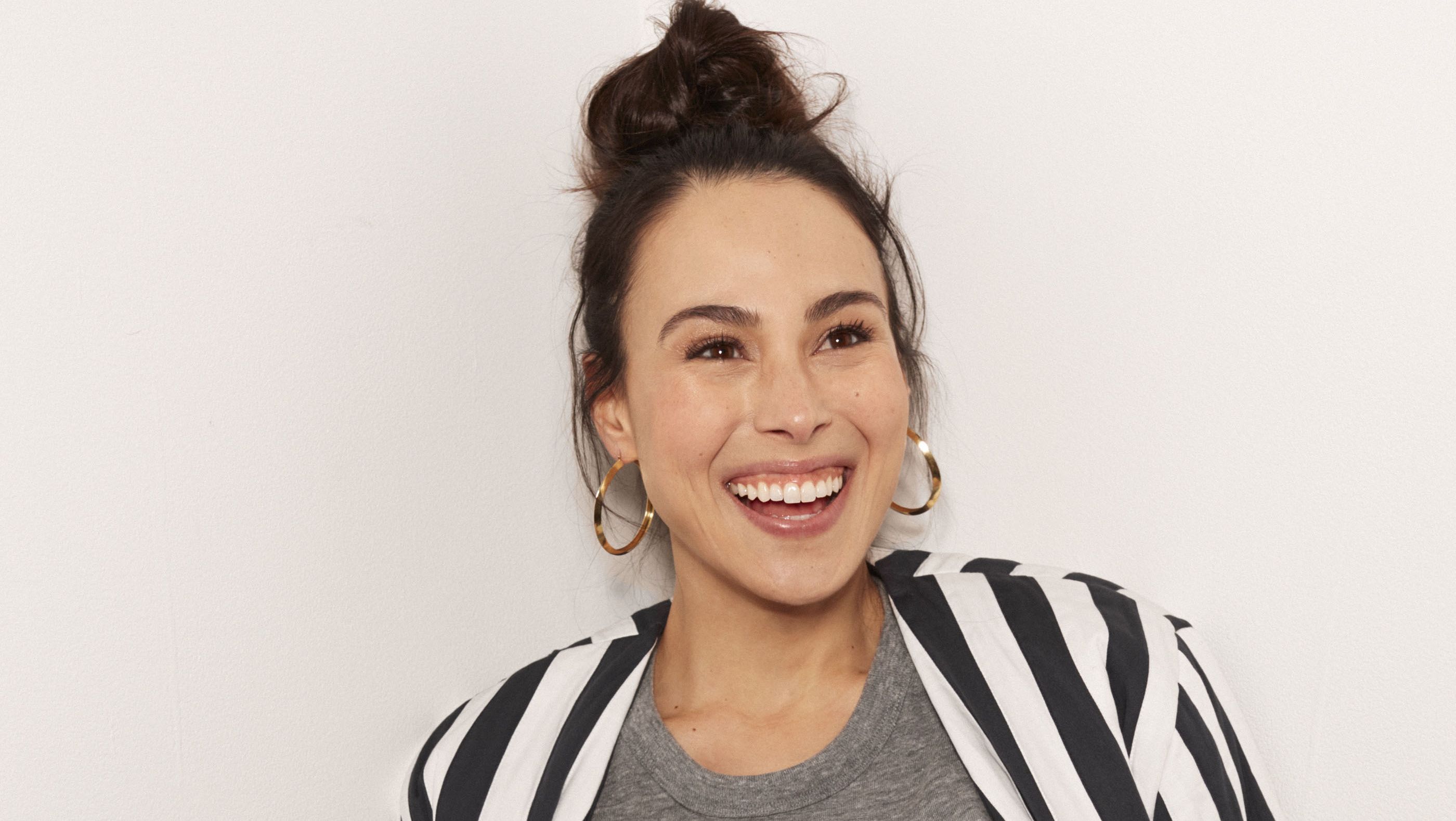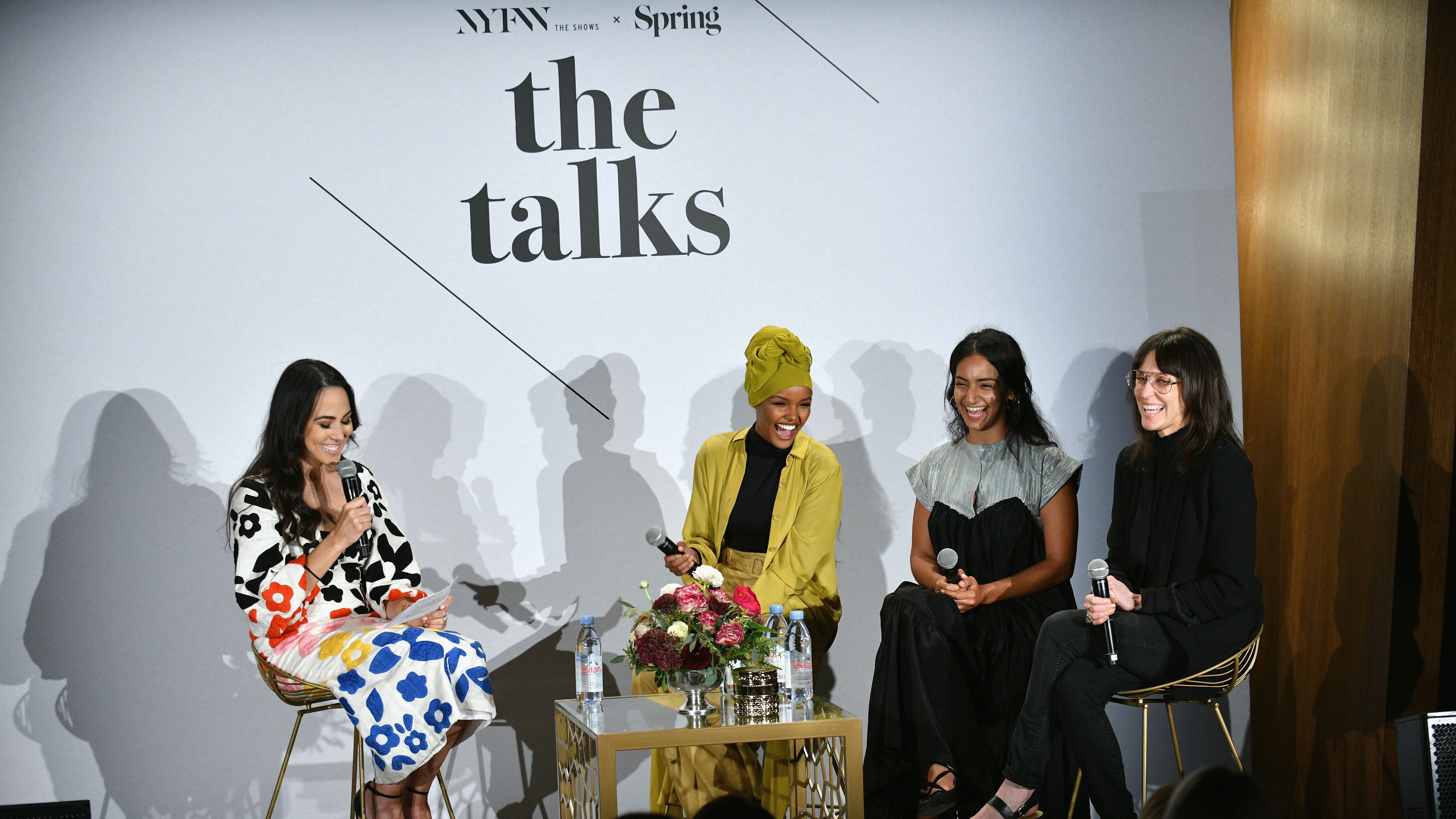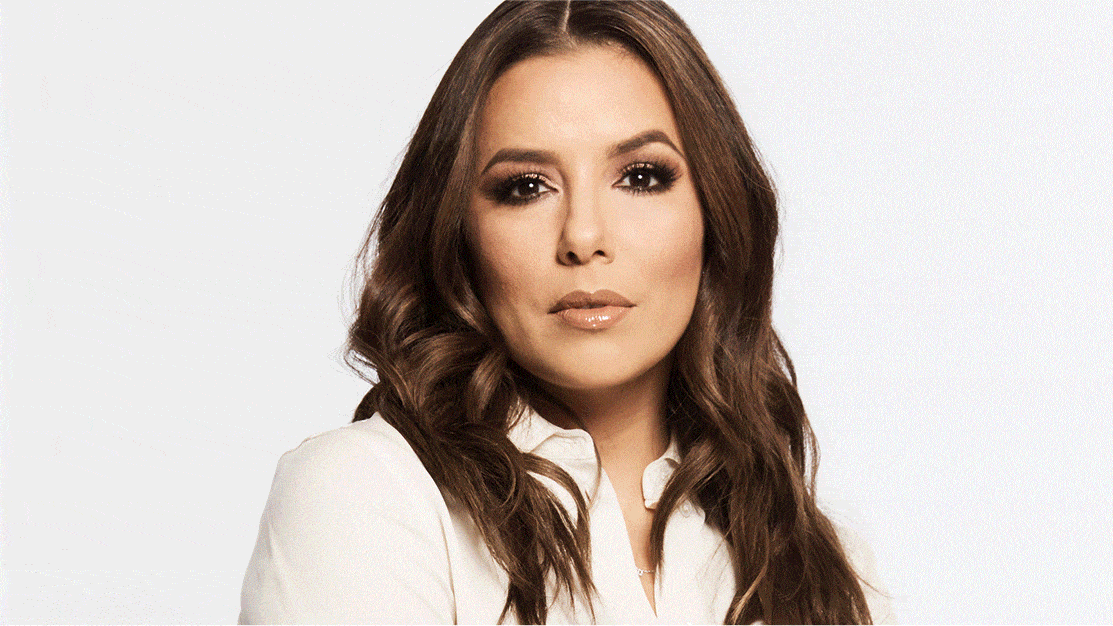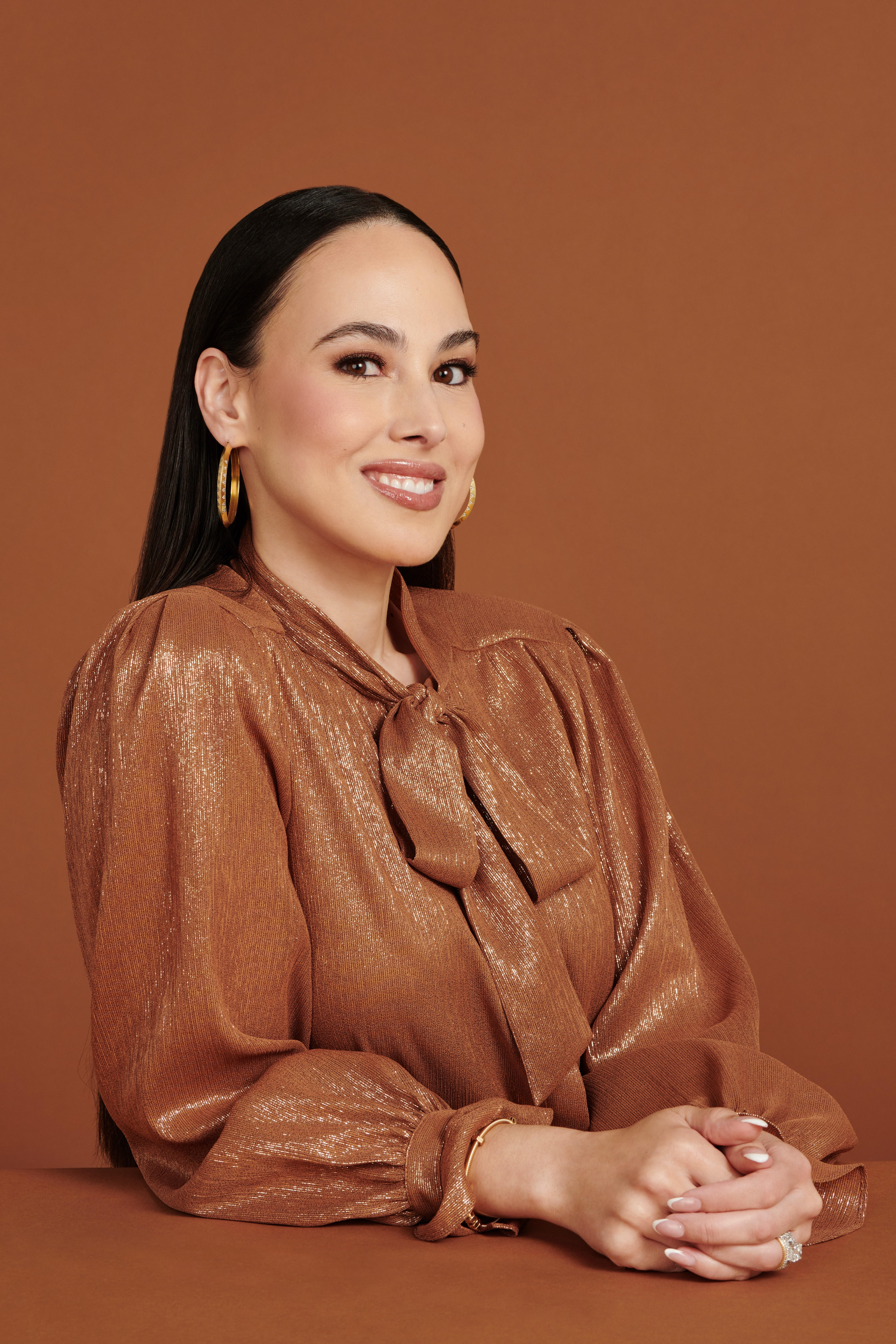Phenomenal Woman's Meena Harris on Why We Need Men
On International Women's Day, a call for male allies in the feminist movement.


The opening scene of Wonder Woman—which takes place on a sovereign all-female island nation where brilliant women run around helping each other succeed and live in a perfect state of harmony free from toxic masculinity—is reminiscent of the household I grew up in. I was raised by an entire community of female role models who made me who I am today. I had a hardworking single mom who led by example and introduced me to the importance of sisterhood; a grandmother who taught me I should always try to make positive change in the world, no matter how small; an aunt who showed me what it means to be a true public servant. And outside of my immediate family, there were all of the other “aunties”—activists, lawyers, and entrepreneurs—who showed me what strong women could accomplish on their own.
Perhaps it won’t come as much of a surprise that, as a kid, the idea of a male presence—let alone a male role model—was pretty foreign to me. So today, on International Women’s Day, I’d like to point out that when people say “the future is female,” they’re not making some audacious prediction; that’s the future I’ve believed in my entire life. Still, as I got older, entered the workforce, and started raising daughters of my own, it became clear that there’s not only a long road between our present and that future, but also that, if we’re going to tear down barriers that women currently face—around the world, in the workplace, in media, within government, in their own households, and even just walking down the street—men must be a part of the solution, too. At the most basic level, if men have institutional power, they have tremendous influence to change those institutions.
Power isn't like a piece of pie, a finite amount we all have to share.
I’ll never forget when, as a brand-new associate at a prestigious law firm, my boss invited me to an important meeting. Like the rest of the legal profession, the vast majority of my colleagues were men, though the culture at my firm was about as inclusive as it gets in corporate law. It was generous of my boss to include me. I walked into the conference room and saw there were no more seats at the table. I’d have to sit at the back, which was fine—it was a big deal to be invited in the first place; five of the firm’s top partners, all men, were meeting to discuss a highly sensitive matter. I was the most junior person in the room by far, so I expected to pay my dues.
But before I could take a seat in the back, someone at that table—the youngest partner there, and the only other person of color—stood up and offered me his chair. That small gesture sent a powerful signal to everyone who saw it: that representation matters, that those who wield influence have the ability to bring new voices to the table, and that some of the most important allies are the men around us.
You might assume that by giving up his seat, he also gave up some of his power. But I’ve learned that power doesn’t work like that—it’s not like a piece of pie, a finite amount we all have to share. When male allies make space for women, they’re not diminishing their own power. Rather, they’re enhancing everyone’s. Study after study shows that better representation leads to better decision making, more innovative thinking, and, in the business world, higher profits. In other words, the advancement of women isn’t just a “women's issue.” It an issue for all of us, and every single one of us can play a role.

Harris, left, hosts a panel at NYFW.
In the work I do through the Phenomenal Woman Action Campaign, male allyship is a major priority, and we’re constantly looking for ways to engage men. For Equal Pay Day in 2017, we challenged men to take the lead in raising awareness around the pay gap. More recently, during the Kavanaugh hearings, we mobilized 1,600 men to sign their names to a letter and raise $100,000 to purchase a full-page ad in The New York Times that conveyed a message of solidarity with Dr. Christine Blasey Ford and survivors everywhere.
Part of the letter read, “[W]e each believe women should no longer have to carry these burdens alone.” The question is, what can men actually do to help?
Get exclusive access to fashion and beauty trends, hot-off-the-press celebrity news, and more.
To me, the answer is simple: Be that young law firm partner for the women in your life. But don’t stop there; it’s about more than making sure women have a seat at the table. On a deeper level, it’s about power—who has it, who can exercise it, and who benefits. Men can be effective allies by making space and amplifying the voices of women around them. When each of us is an ally in our own sphere of influence—when we embrace the fact that representation is everyone’s responsibility, all of the time—we won’t have to go to the movies to see a world that’s free of toxic masculinity.
For more stories like this, including celebrity news, beauty and fashion advice, savvy political commentary, and fascinating features, sign up for the Marie Claire newsletter.
RELATED STORY

Meena Harris is the founder and CEO of the Tony-Award winning company Phenomenal Media. She is a #1 New York Times bestselling children’s book author, as well as a lawyer and an influential voice for gender and racial equity. She currently resides in the Bay Area with her husband and two daughters.
